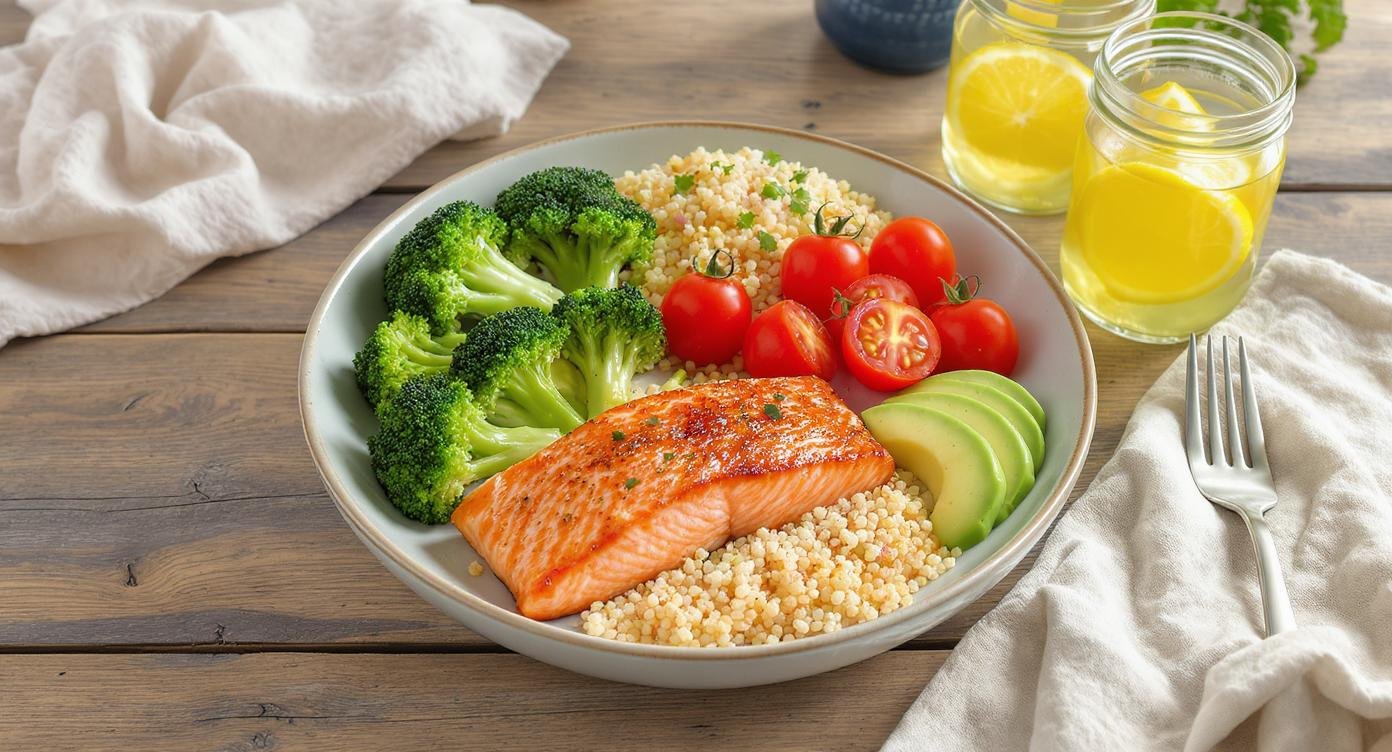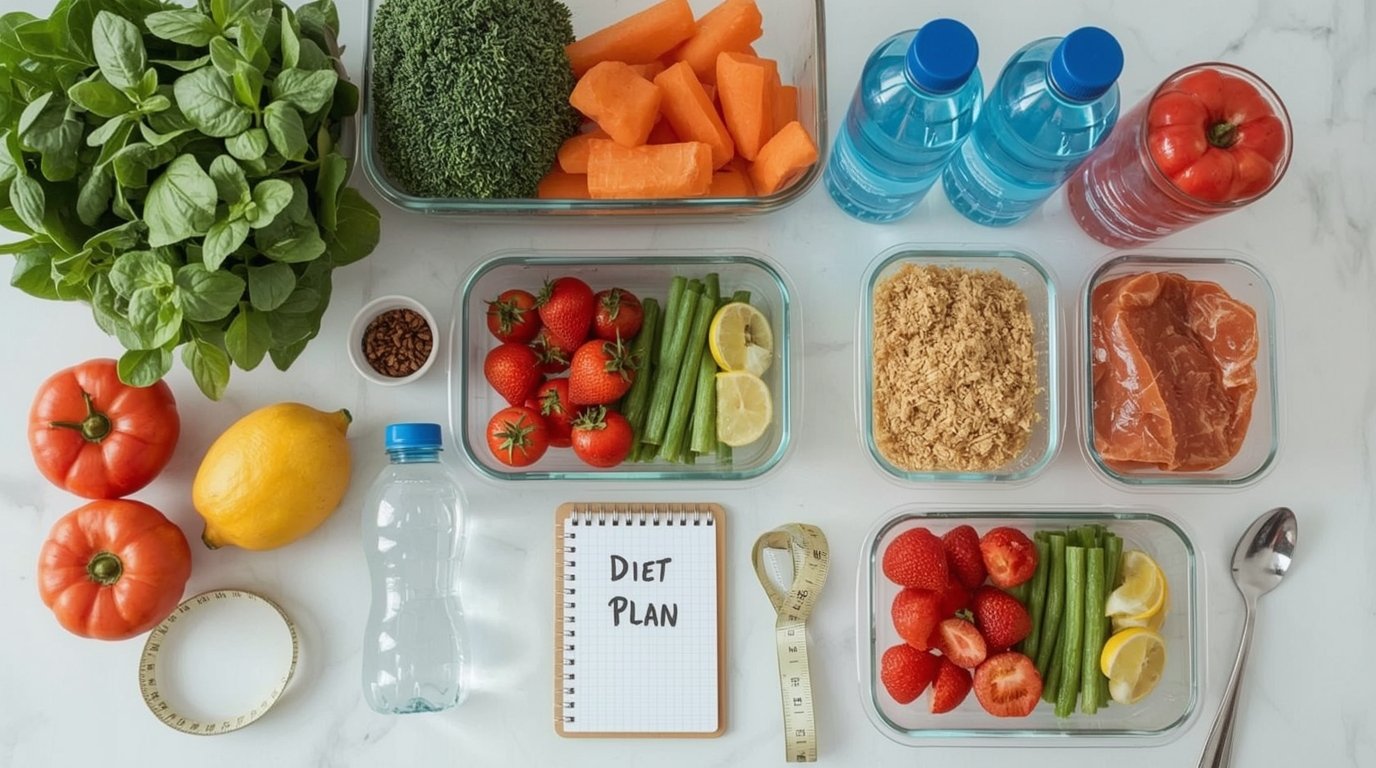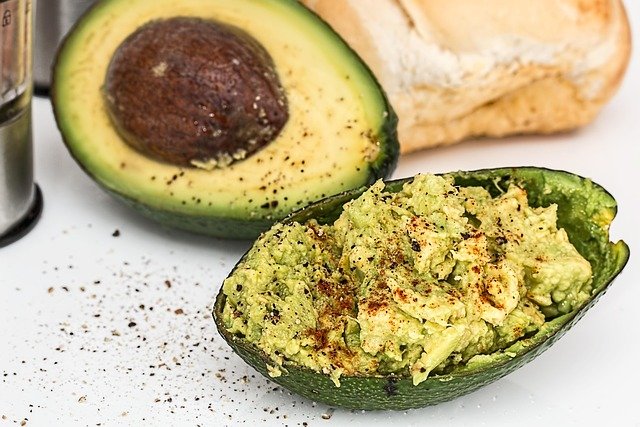Introduction
Dieting for Health-In a world obsessed with quick fixes and fad diets, the most compelling reason to adopt a healthier lifestyle isn’t just weight loss, it’s your long-term health and well-being. While societal pressures often push people toward extreme diets for aesthetic reasons, the real motivation should be preventing chronic diseases, boosting energy, and enhancing longevity.
Research shows that being overweight or obese increases the risk of diabetes, heart disease, high blood pressure, stroke, and joint problems. Much like smoking, the consequences of poor eating habits may not feel urgent until a health crisis becomes the wake-up call you never wanted.
This comprehensive guide will walk you through science-backed strategies for dieting for health, including nutritional principles, habit formation, mindset shifts, and practical tools to make the journey easier. Whether you’re managing a medical condition or simply want to feel better every day, this step-by-step plan will help you lose weight sustainably while improving your overall wellness.
Step-by-Step Guide to Dieting for Health
1. Understand Why You’re Dieting (The Right Mindset)
Explanation:
Before jumping into a Dieting for Health, define your “why.” Are you trying to:
- Reverse prediabetes?
- Lower cholesterol?
- Improve mobility and joint health?
- Boost energy and mental clarity?
A strong, health-focused reason keeps you motivated when cravings hit. Unlike vanity-driven diets, which often lead to yo-yo dieting, health-first weight loss promotes lasting change.
Example:
A person with prediabetes might follow a low-glycemic, high-fiber diet to stabilize blood sugar, while someone with high blood pressure may prioritize reducing sodium and increasing potassium-rich foods.
Action Step:
Write down three health goals related to your diet (e.g., “I want to lower my resting heart rate” or “I want to reduce inflammation”).
2. Stop Yo-Yo Dieting & Commit to Lifestyle Changes
Explanation:
Crash diets slow metabolism, cause muscle loss, and lead to rebound weight gain. Instead of following the latest trend (keto, juice cleanses, etc.), focus on sustainable habits you can maintain for life.
Why It Matters for Dieting for Health:
Studies show that yo-yo dieters often regain more weight than they lost, increasing the risk of heart disease and insulin resistance.
Tips for Long-Term Success:
✅ Start small – Swap soda for sparkling water.
✅ Add before you subtract – Eat more veggies before cutting out treats.
✅ Avoid extreme restrictions – Deprivation leads to binge cycles.

3. Prioritize Nutrient-Dense Foods (Not Just Calories)
Explanation (Dieting for Health):
Not all calories are equal. 100 calories of broccoli affects your body differently than 100 calories of candy. Nutrient-dense foods provide vitamins, minerals, antioxidants, and fiber without excess sugar or unhealthy fats.
Best Foods for Health & Weight Loss:
- Leafy greens (spinach, kale) – High in iron and fiber.
- Lean proteins (chicken, fish, tofu) – Keeps you full and maintains muscle.
- Healthy fats (avocados, nuts, olive oil) – Supports brain and heart health.
- Whole grains (quinoa, oats) – Stabilizes blood sugar.
Avoid:
- Processed sugars (soda, pastries) – Spikes insulin and promotes fat storage.
- Trans fats (fried foods, margarine) – Increases bad cholesterol (LDL).
4. Control Portions (Without Deprivation)
Explanation:
You don’t have to give up pizza or chocolate, just eat them mindfully. Portion control prevents overeating while still allowing enjoyment.
Pro Tips:
🍽️ Use smaller plates – Tricks your brain into feeling satisfied.
📏 Learn serving sizes – A serving of pasta = ½ cup (not a mountain!).
⏳ Eat slowly – It takes 20 minutes for your brain to register fullness.
5. Hydrate Properly (Many Cravings Are Just Thirst)
Explanation of Dieting for Health:
Dehydration is often mistaken for hunger. Drinking enough water:
- Boosts metabolism
- Reduces bloating
- Curbs unnecessary snacking
How Much Water Do You Need?
Aim for half your body weight (lbs) in ounces (e.g., 150 lbs = 75 oz daily).
Hydration Hacks:
- Start the day with warm lemon water.
- Use a marked water bottle to track intake.
- Eat water-rich foods (cucumbers, watermelon).
6. Move More (Exercise Doesn’t Have to Be a Chore)
Explanation:
Exercise burns calories, builds muscle, improves mood, and enhances metabolism. You don’t need a gym, any movement counts!
Easy Ways to Stay Active:
- Walking (10,000 steps/day)
- Home workouts (YouTube yoga, resistance bands)
- Dancing, swimming, gardening
Bonus: Strength training preserves muscle mass, preventing metabolic slowdown as you lose weight.
7. Cook at Home (The Secret to Clean Eating)
Explanation:
Restaurant meals are often loaded with salt, sugar, and unhealthy oils. Cooking at home gives you full control over ingredients.
Meal Prep Tips:
- Batch-cook grains & proteins on Sundays.
- Use herbs & spices instead of heavy sauces.
- Invest in an air fryer for crispy food with less oil.
8. Track Progress Beyond the Scale
Explanation: Weight fluctuates daily due to water retention, hormones, and digestion. Instead of fixating on the scale, measure success through:
✅ Inches lost (waist, hips)
✅ Energy levels
✅ Clothes fitting better
✅ Improved blood work (cholesterol, blood sugar)
9. Tackle Emotional Eating (Mindful Eating Strategies)
Explanation: Stress, boredom, and sadness trigger overeating. Breaking this cycle requires awareness and alternative coping mechanisms.
How to Stop Emotional Eating:
- Keep a food/mood journal (Note: “Was I really hungry?”)
- Find non-food rewards (walk, call a friend, meditate)
- Practice mindful eating – Savor each bite without distractions.
10. Be Patient & Kind to Yourself
Explanation: Weight loss isn’t linear. Some weeks you’ll lose; others you’ll plateau. Self-compassion keeps you on track.
Mantra:
“Progress, not perfection.”
Top 5 Temu Products for Dieting for Health
- Digital Kitchen Scale – Perfect for accurate portion tracking.
- Meal Prep Containers Set – Organize balanced meals in advance.
- Hydration Tracker Water Bottle – Ensures you drink enough daily.
- Compact Air Fryer – Makes crispy, low-oil meals.
- Vegetable Spiralizer – Turns zucchini into healthy “pasta.”
Conclusion: Dieting for Health = A Lifelong Win
Dieting for health isn’t about short-term deprivation, it’s about long-term transformation. By focusing on nutrient-rich foods, portion control, hydration, and joyful movement, you’ll not only lose weight but also:
✔ Reduce disease risk
✔ Boost energy
✔ Improve mental clarity
✔ Live longer & stronger
Remember, small, consistent changes lead to big results. Start today, your future self will thank you!
Dieting for Children boy
FAQs About Dieting for Health
Q: How fast should I lose weight for long-term success?
A: 1-2 lbs per week is sustainable. Faster loss often leads to muscle loss and rebound weight gain.
Q: Can I still eat my favorite foods?
A: Yes! Practice moderation, enjoy treats in smaller portions, less often.
Q: What’s more important, diet or exercise?
A: Both. Diet controls weight loss; exercise improves metabolism, mood, and heart health.
Q: Do I need supplements?
A: Most nutrients should come from food. Check with a doctor before taking supplements.
Q: What if I slip up?
A: One bad meal won’t ruin progress. Reset at the next meal—consistency matters most.
By embracing Dieting for Health, you’ll achieve lasting weight loss, better energy, and a longer, happier life. Ready to start? Take the first step today! 🚀












